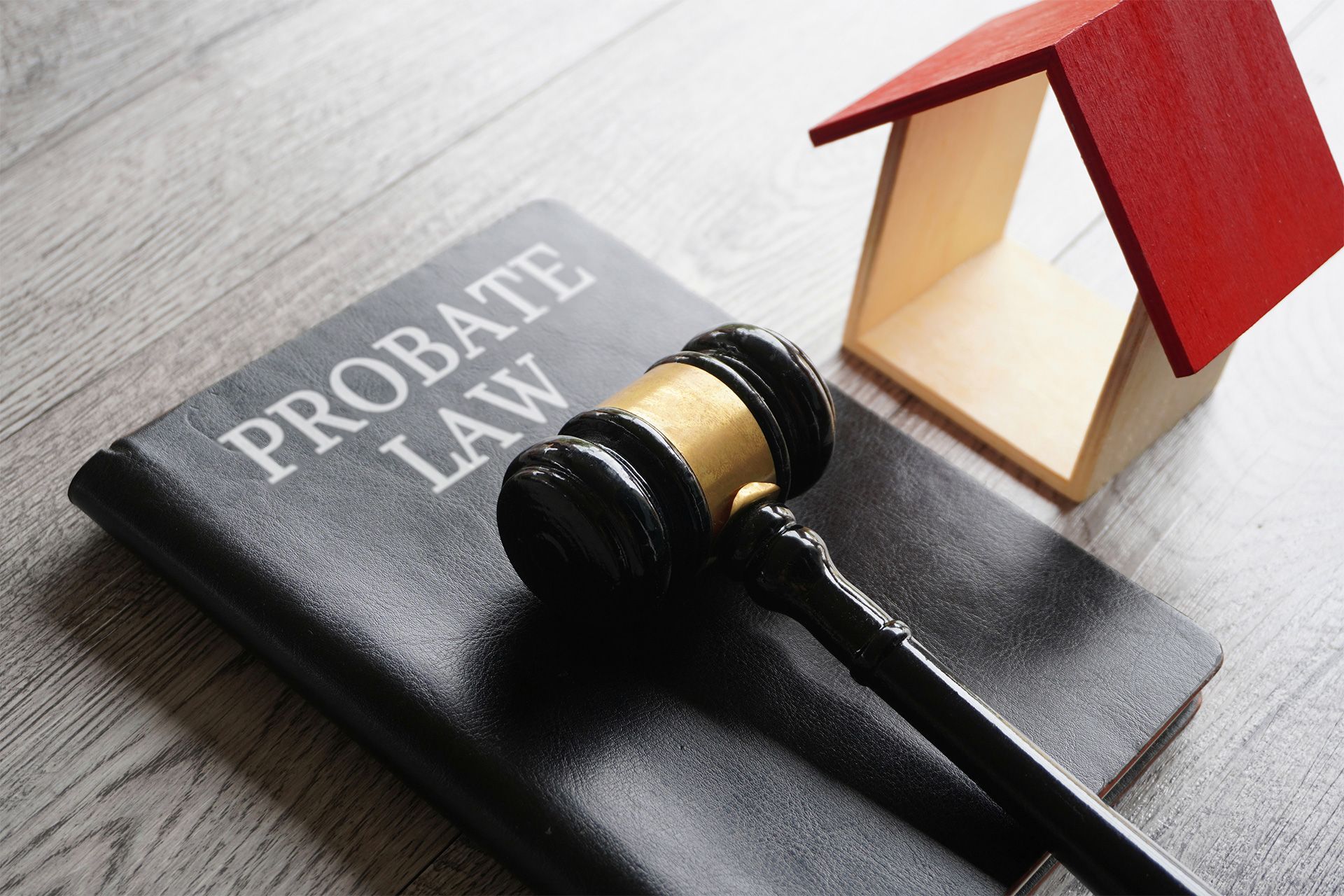What is a Nominee in a Probate Case?
Probate matters can get intricate as they entail procedures that decide how an individual's assets are distributed. A significant aspect of these proceedings involves the "nominee." Knowing the duties of a nominee in a probate case is crucial for individuals engaged in estate management as this person typically holds a position to oversee or advocate interests throughout the probate process.
In this article, we'll delve into the concept of a nominee, their obligations, and their role within the probate domain.
What is a Probate Nominee?
In probate proceedings, a nominee is someone chosen to handle the affairs of a person's estate. This individual can be chosen by a court specified in the person's will or selected by parties. Their primary responsibilities involve overseeing the estate's administration and ensuring assets are distributed correctly.
Nominees become essential when an executor or trustee needs to be appointed in the probate process or when disagreements arise regarding estate management. Once appointed, the nominee serves as an executor or personal representative to guarantee that the estate's assets are distributed in compliance with the requirements and the individual's wishes.
Responsibilities of a Probate Nominee
The responsibilities of a nominee in a probate case vary depending on the circumstances and the specific role they are tasked with. In general, their duties may include:
1. Administering the Estate
A key responsibility of an appointed individual is overseeing a person's assets. This involves gathering and assessing their possessions, settling debts, and managing matters. The appointed person must guarantee that the estate is handled according to the law and serves the intended beneficiaries well.
2. Filing Legal Documents
A nominee must prepare and file all required documents, such as petitions to initiate probate proceedings and lists of the estate assets. These papers play a crucial role in the probate process, and they should be completed promptly to facilitate the case's smooth advancement.
3. Representing the Estate in Court
When conflicts arise or legal action is needed, a chosen representative may be assigned to speak for the estate in court. This could include protecting the estate against claims, resolving disputes among heirs, or dealing with demands from creditors.
When is a Nominee Needed in Probate?
The need for a nominee in a probate case arises under several circumstances, including:
1. Absence of a Named Executor
If the person who has passed away doesn't specify someone to carry out their wishes in their will or if the chosen executor is unavailable or unwilling to take on the task, a court may select someone to take on the responsibilities. This helps ensure that an individual oversees the management of the deceased's estate.
2. Disputes Over Estate Management
When there is a disagreement among family members or beneficiaries regarding the administration of an estate, the court may step in. Assign a party to oversee the process. This appointment works to ensure that the estate is managed to benefit all parties, thus preventing conflicts among the heirs.
3. Complex Estate Situations
For large or complex estates, particularly those involving numerous beneficiaries or substantial assets, the court may require the appointment of a nominee with specific expertise. This ensures that someone with the necessary financial or legal knowledge manages the estate.
4. Contest of a Will
If a will is contested, a nominee might be appointed to oversee the estate until the dispute is resolved. This ensures that there is no mismanagement during the legal proceedings.
The Role of the Court in Appointing a Nominee
When a nominee is needed, the probate court has a role in picking the person for the job. Usually, they listen to suggestions from people involved, like family members or beneficiaries. If everyone can't agree, the court might select a third party to be the nominee.
The court ensures that the chosen nominee is qualified, fair, and capable of handling the estate according to the rules. Once they're appointed, the nominee must give updates to the court and keep everyone interested and informed about how things are going with the estate.
Conclusion
The presence of a nominee plays a crucial role in probate proceedings. Nominees are responsible for overseeing the management of estates, the distribution of assets and adherence to all legal responsibilities. Whether designated by the court or suggested by third parties, nominees must prioritize the well being of the estate and its beneficiaries.
Understanding the significance of a nominee can ease uncertainties throughout the probate process leading to an estate administration. If you find yourself involved in a probate matter, consider a nominee seeking guidance from an experienced probate lawyer is crucial. They can assist you in navigating the procedures and ensuring compliance with all mandates.
For support and guidance regarding probate issues consider reaching out to Doane & Doane , Palm Beach Gardens, Florida. Our team is dedicated to helping you understand the complexities of probate law and achieving outcomes for your estate.
Disclaimer: The information on this website and blog is for general informational purposes only and is not professional advice. We make no guarantees of accuracy or completeness. We disclaim all liability for errors, omissions, or reliance on this content. Always consult a qualified professional for specific guidance.
RECENT POSTS






